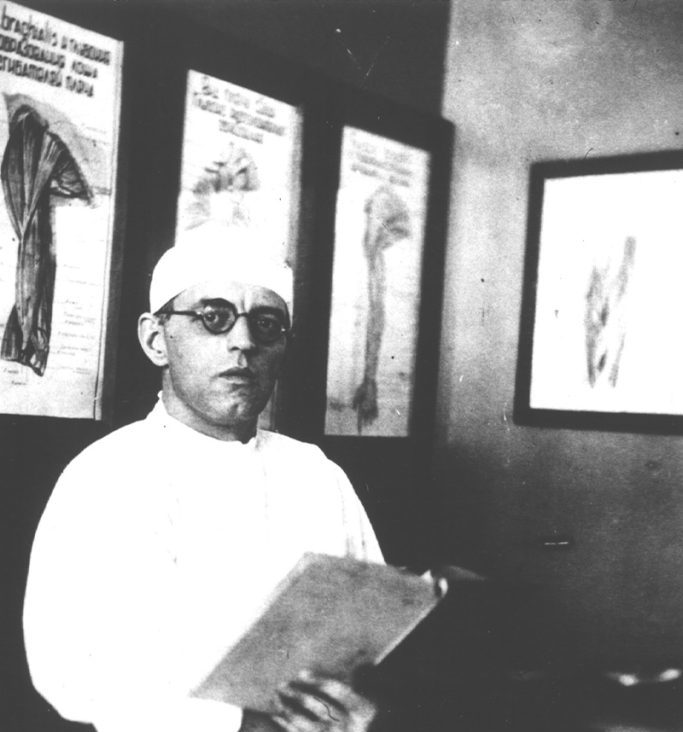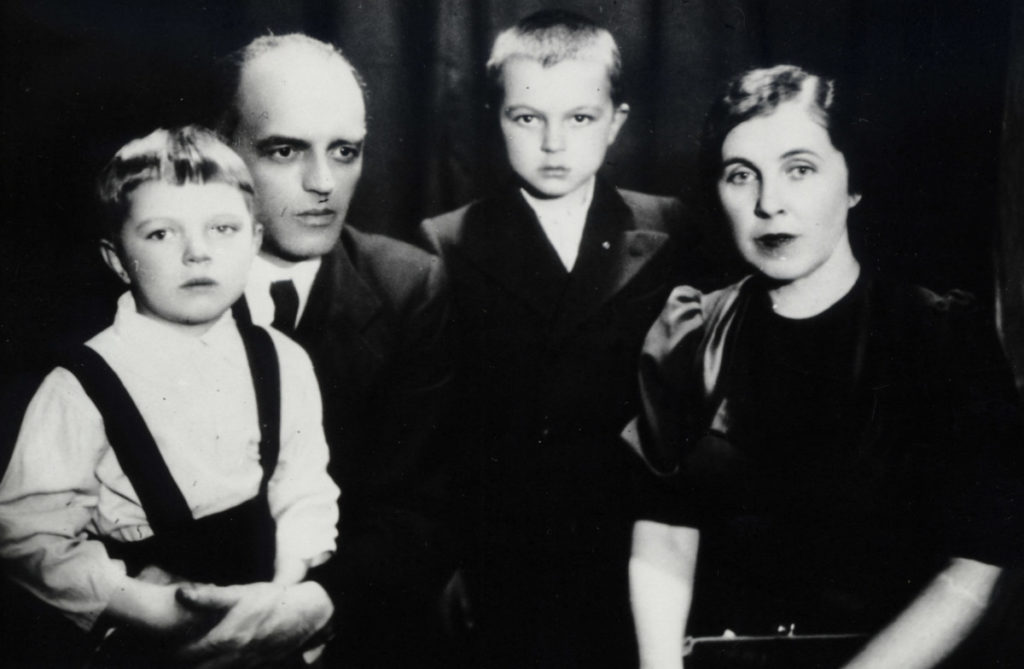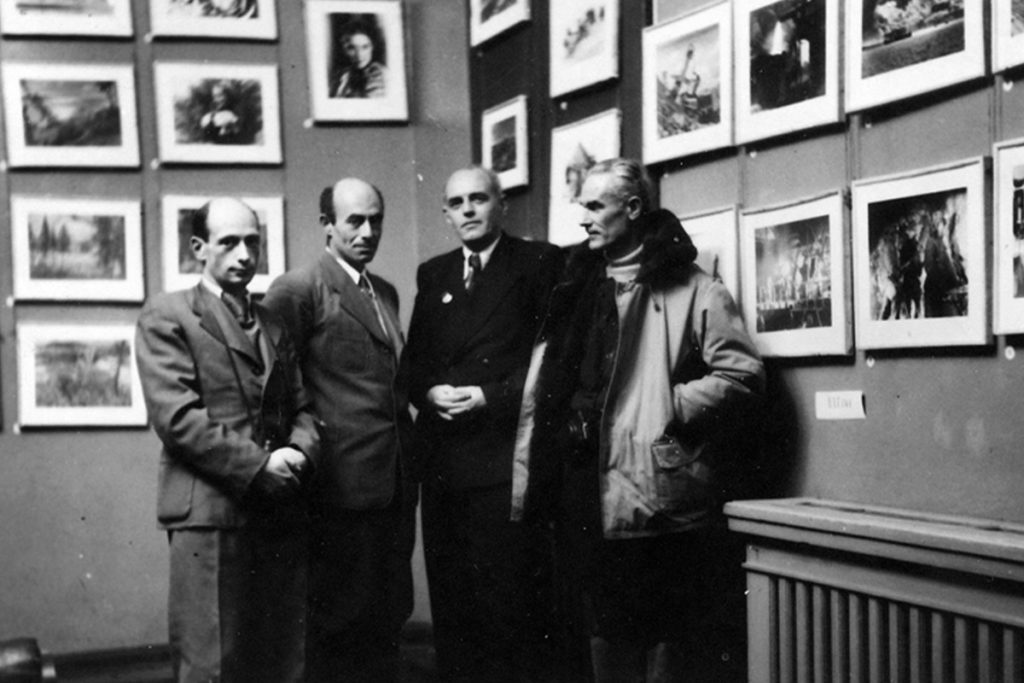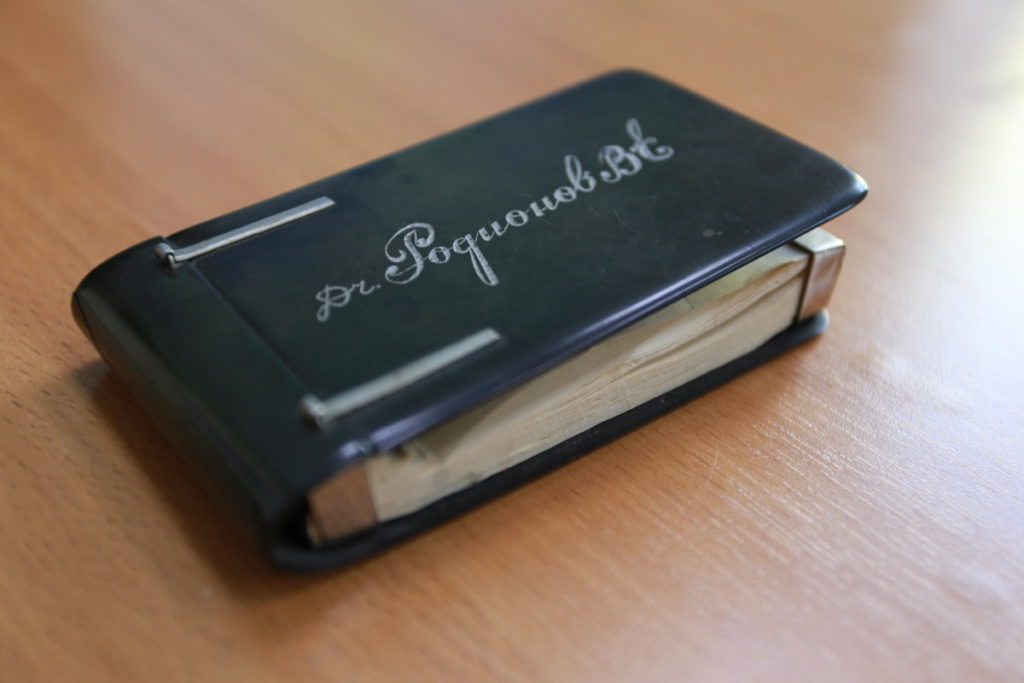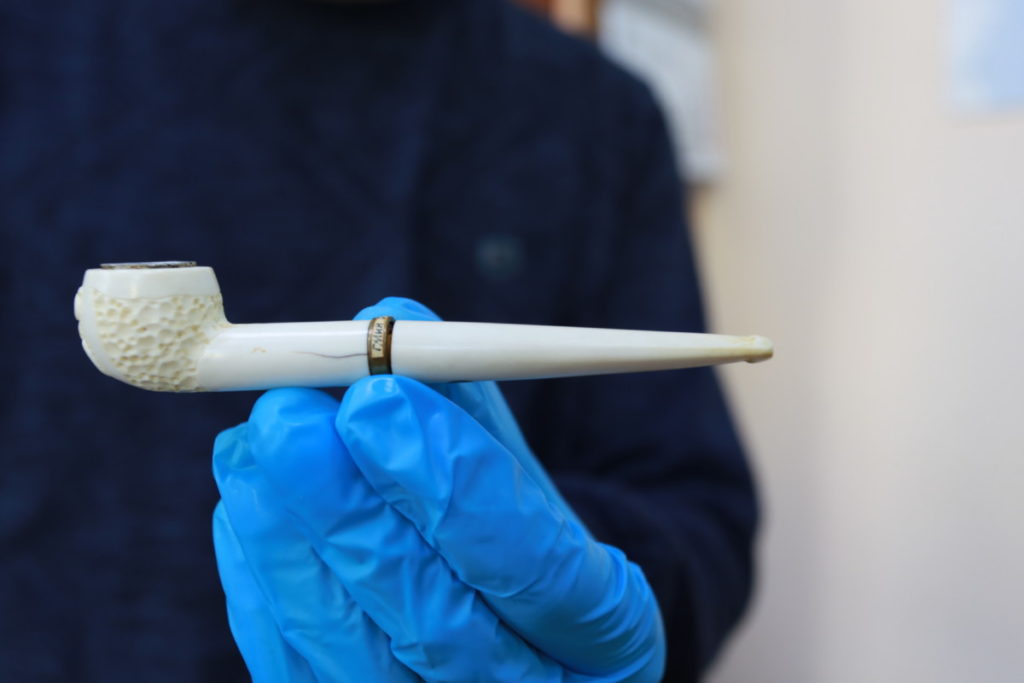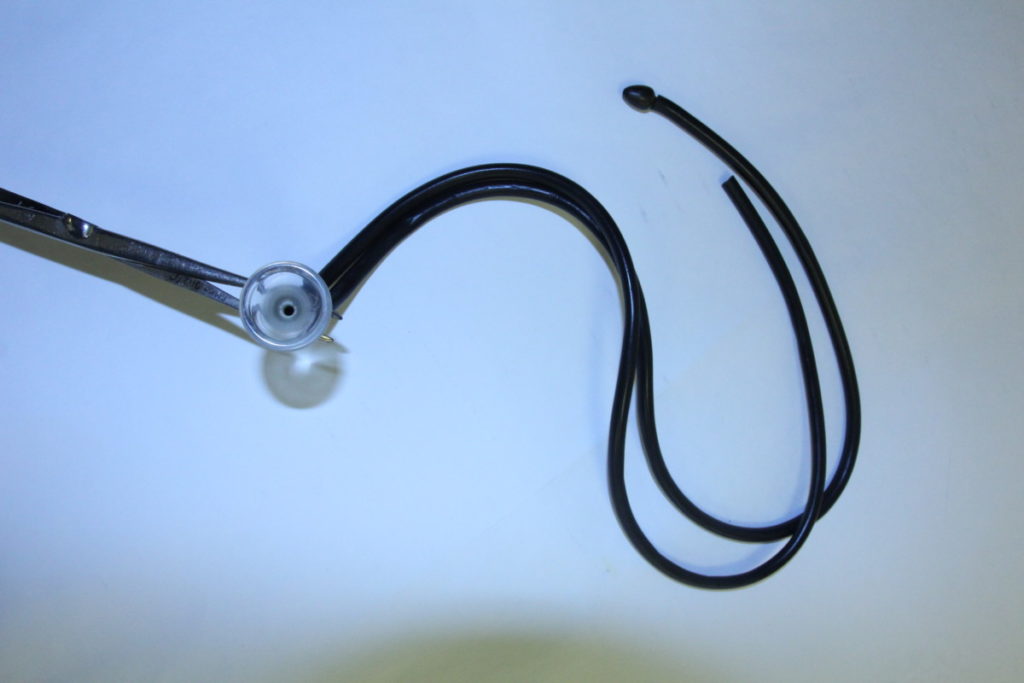#ARCTIC. #SIBERIA. THIS IS TAIMYR. At the end of 1941, Vladimir Rodionov was transferred from Dudinka to the post of chief physician and head of the surgical department of the hospital for the civilian staff of the Norilsk combine. By that time, the doctor had already been a prisoner of the Norillag for two years and a demanded surgeon in the Dudinka medical unit and the local district hospital.
Physicians, especially experienced ones, were on a special account in the Norilsk forced labor camp system. Their names remained not only in the memory of the people whose lives they saved, but also in the history of the city and the country.
Dr. Rodionov devoted more than 40 of his 67 years to medicine. After graduating from the medical faculty of Kazan University he worked at the hospital of his native city Ardatov from 1927 to 1938. Then he was accused, as he wrote in a personal file, of ‘spying’ and sentenced to eight years in labor camp. He was released ahead of schedule at the very beginning of 1943, and four years later he was rehabilitated.
Vladimir worked in Norilsk for 15 years. All those years, the newspapers wrote about Dr. Rodionov more than once, including about his unique operations, successful, as a rule. So, the most complicated craniotomy, which Rodionov did together with his former classmate Alexander Baev, ended in recovery. Of the ten thousand Norilsk operations, at least half were difficult and complicated.
The head physician of the Norilsk combine hospital got into the camera lens during the filming of the Giant of the Arctic documentary. But he himself also took a camera. When his wife, Klavdia Rodionova, was appointed to run the museum, her husband took an active part in preparing the first museum exposition, where his landscape photographs were also exhibited.
Thanks to Klavdia, not only rare photographs of the Norilsk period of the legendary physician are kept in the funds of the Norilsk Museum, but also artefacts.
A walrus bone tube with the doctor’s initials, a homemade notebook and a homemade stethoscope were presented to Vladimir Evstafievich in Norilsk, possibly for his anniversary (in 1942 he turned 40, and in 52, respectively, half a century).
In the year of his 40th birthday, Dr. Rodionov, together with the future academician Alexander Baev, who worked as a therapist and pediatrician at the same hospital, operated on the wounded during the attack by a German battleship on Dixon. Together with the wounded, the medics brought shell fragments, which were subsequently included in the museum exposition.
Having been appointed the head of the united hospital, Dr. Rodionov took up the issue of designing a hospital campus, but his health, undermined by overloads, did not allow him to stay in Norilsk.
After him, not only his hospital remained in Norilsk, but also the medical scientific society organized by him, colleagues who passed the school of Dr. Rodionov.
In the new place, Vladimir Evstafievich headed the surgical department of the Shuya central regional hospital and at the age of 53 received the title of Honored Doctor of the RSFSR.
Follow us on Telegram, Instagram and Facebook.
Text: Valentina Vachaeva, Photo: Norilsk Museum

